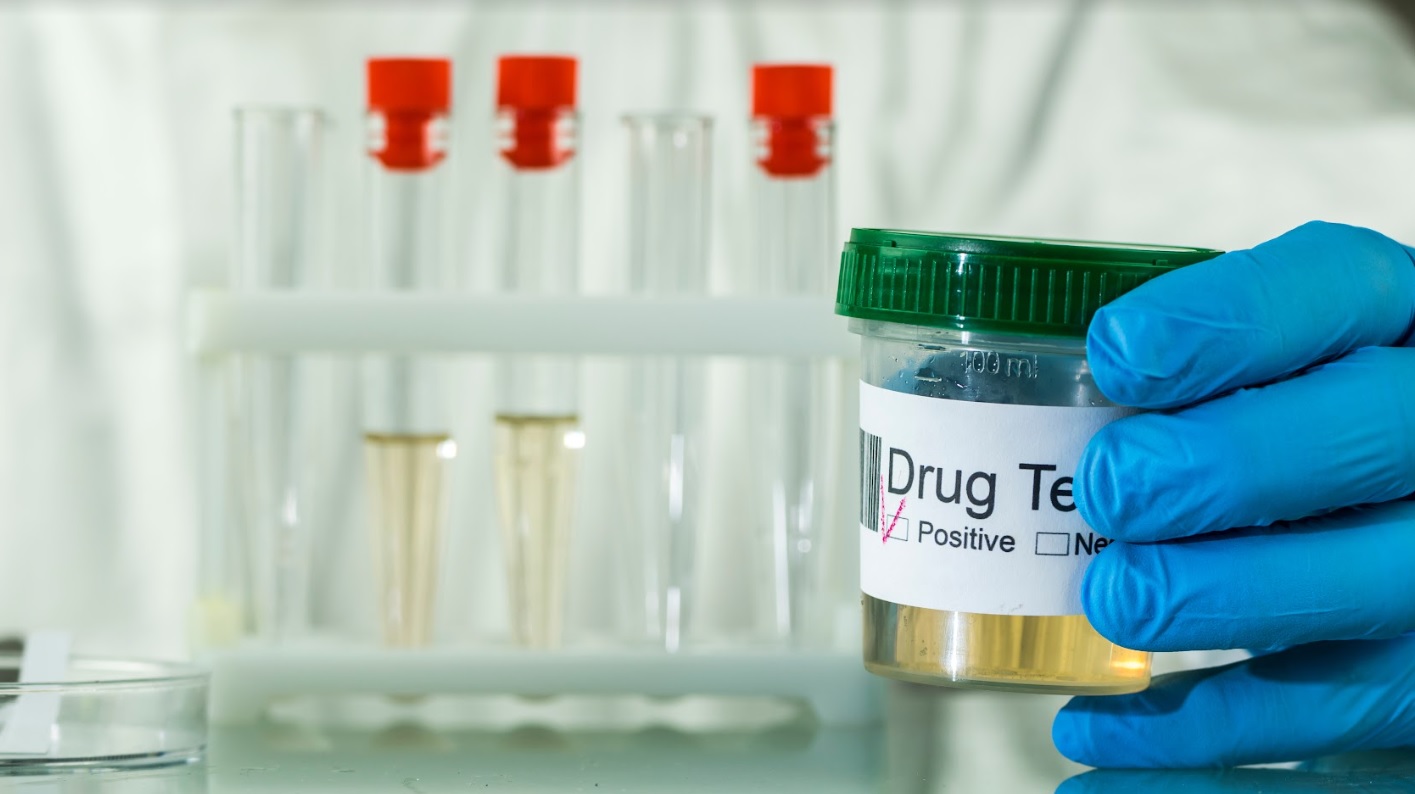Marijuana, also known as weed, is a psychoactive drug derived from the cannabis plant to induce mind-altering effects in the brain. Though marijuana is a less common drug that people use, its addiction is an actual condition. Marijuana addiction occurs after prolonged or heavy weed smoking. In fact, research says that the medical cannabis market in the UK is predicted to have a revenue of approximately 8.8 billion euros in the year 2028.
Also, the laws around marijuana use keep on changing, but weed remains an illegal substance due to its high potential for abuse. Most people take marijuana for its high and often mix it into food or drinks, such as brownies, coffee, cookies, and other edibles. It is also taken by smoking joints, blunts, or bongs. Out of all, smoking is the fastest way to get a euphoric feeling. Though marijuana induces a pleasurable sensation, the risk of experiencing negative emotions, such as hallucinations, is significant. But recovery from marijuana addiction is possible with the help of professional treatment, such as marijuana detox.
This article will clearly express how to detox from weed and how long it will take.
Effects of Marijuana or Weed
The effects of marijuana or weed vary depending on the user’s mood, the environment, how much marijuana they consume, the amount of THC and CBD in the marijuana, and the tolerance levels. Some common effects of marijuana include:
- Euphoria
- Anxiety
- Fear
- Increased appetite
- Happiness
- A state of relaxation
- Sleepiness
- Panic
- Paranoia
As mentioned above, marijuana causes hallucinations and puts you at risk of injury or death. A powerful drug, marijuana also gives rise to mental disorders, such as psychosis and schizophrenia.
Dangers of Marijuana Abuse
Drug abuse, like consuming heavy doses of marijuana, can be harmful and even fatal to health conditions. Various short-term and long-term health risks like overdose are also associated with marijuana abuse. While most people might not even realise the adverse effects of using weed or that they are developing an addiction, it can happen quickly. Substance abuse may appear as follows:
- Using weed to feel the euphoric high
- Smoking weed daily
- Relying on weed to help you manage pessimistic thoughts and feelings
Also, using weed can create chaos with the brain’s natural reward centre and induce a high. The higher doses of marijuana cause the brain to adapt to the regular dopamine hit, and you begin to crave it and develop an addiction. Because addiction happens slowly over time, it often gets unnoticed until it adversely affects your life. And when it happens, and you start prioritising drug use over friends and family, school or employment, personal hygiene, self-care, and things you once enjoyed, it is a sign that the problem is severe.
Marijuana addiction also pushes people to engage in risky and unlawful behaviour to finance their habit. Sadly, you start losing sight of who you are and what is important to you. Though addiction treatment like marijuana detox is possible, cannabis withdrawal can be painful. Hence, it is hard to fight addiction without any professional help.
The Duration of Marijuana in Your System
Weed might be detected in your body for about 90 days, but it depends on a variety of factors, such as:
- How much cannabis you have been using
- The method of testing cannabis in your system
- The way of consuming the cannabis
A urine test is commonly used to test the traces of cannabis or marijuana in your body; others include a blood test, saliva test, and hair test. Hair tests are valid even after several months of consuming marijuana, particularly in people who use marijuana daily.

How Much Time Does It Take to Detox from Weed?
The first step to recovering from marijuana includes a detox. A marijuana detox program removes all the harmful toxins from the body, but it varies from person to person. Therefore, a withdrawal timeline is significant to know how long a detox might take for you.
Marijuana Withdrawal Timeline:
- The symptoms of withdrawal may appear after a week of the last use.
- Symptoms peak around day ten, three days after the start of symptoms.
- Symptoms begin to subside after ten days but can last up to several weeks.
Heavy or chronic marijuana users may require a more extended period of detox. However, treatment and recovery depend on the support you are receiving from doctors, family, and friends along the way.
Marijuana Withdrawal
Marijuana or cannabis withdrawal can be challenging to manage without any support and supervision from loved ones. Trying to quit on your own can be dangerous and lead to relapse. Therefore, medical detox is the safest option when you are looking for recovery.
Common marijuana withdrawal symptoms may look like this:
- Marijuana cravings
- Decreased appetite
- Depression and anxiety
- Sleep problems, including insomnia
- Cold sweats
- Abdominal pain and stomach problems
- Mood swings and irritability
To ensure safety during marijuana withdrawal, staying at a rehab centre can help. Because withdrawal symptoms are painful, doctors or counsellors at rehab can help manage them using therapies and medications. Gradually, the withdrawal symptoms worsen within 48 hours of the detox process and begin to subside slowly. These high and low withdrawal symptoms show that treatment is working and toxins are leaving your body, taking physical dependency with them.
Life in Recovery
After completing the marijuana detox, you will be free of physical dependency and choose rehab to manage long-term sobriety under the supervision of medical professionals. Staying in rehab is crucial because it gives you a drug-free and secure environment to live in and become psychologically intense. If inpatient treatment doesn’t suit you, you can continue marijuana addiction treatment support at home through an outpatient program. While inpatient and outpatient programs are great options, you must choose one that meets all your needs.
In the marijuana detox treatment, you will get an opportunity to unpick why you have turned to substance abuse in the first place. You will also learn new coping skills to respond to the triggering situations to avoid the risk of relapse. Also, if you are struggling with a mental health disorder, keeping coping mechanisms on top of stress is beneficial for recovery. Also, there is a high risk of cannabis withdrawal, especially if you crave substance abuse in your low, emotional moments.
While it is hard to transition back to your everyday life, ongoing therapy, support groups, such as group therapy and 12-step programs, and emotional support from family and friends can help you recover and maintain long-term sobriety.
